
Michigan has raised the age to purchase tobacco and other products containing nicotine from 18 to 21.
“This legislative package brings Michigan in line with the federal Tobacco 21 legislation, raising the state age for tobacco sales from 18 to 21. The package amends several acts to raise the age of sale for retailers, prohibit anyone under 21 from entering a tobacco retail store, and prohibit tobacco sales through the mail to anyone under 21,” Gov. Gretchen Whitmer stated after signing the bill into law.
The package also revises the disbursement of proceeds from the tax on cigarettes and other tobacco products. Senate Bill 576 also amends a portion of the Michigan penal code to require agents who distribute tobacco through the mail to verify that the recipient is 21 years of age, revising the previous age limit of 18.
The legislation states that the act will not apply to the Youth Tobacco Act, which now prohibits tobacco use for those under 21, rather than 18.
“The Tobacco 21 package aligns Michigan with progress at the federal level, and is an important step in keeping tobacco products out of the wrong hands,” said Senator Paul Wojno. “Kudos to Governor Whitmer for working with the me and my colleagues in the legislature to protect our communities and public health across the state.”

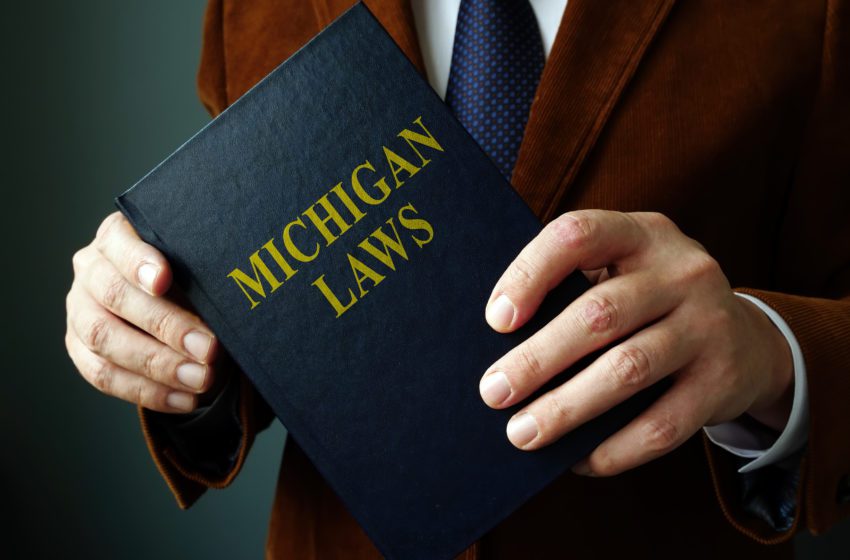
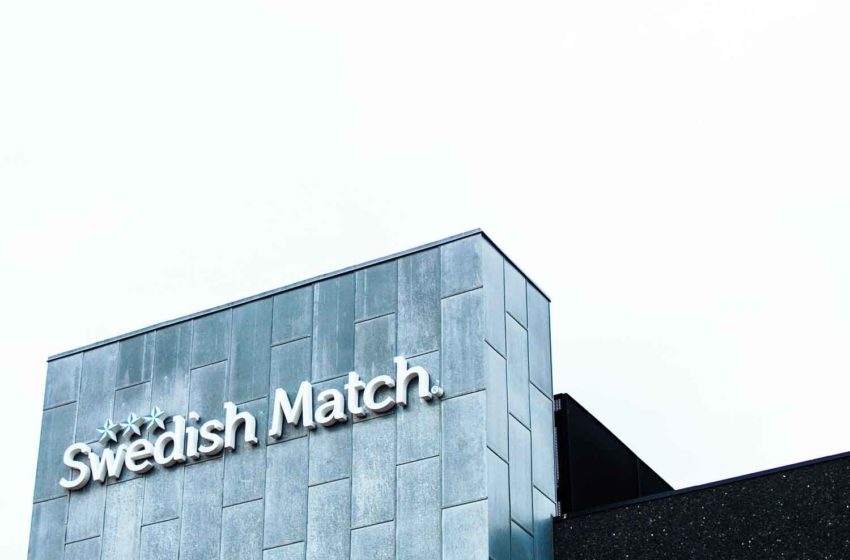
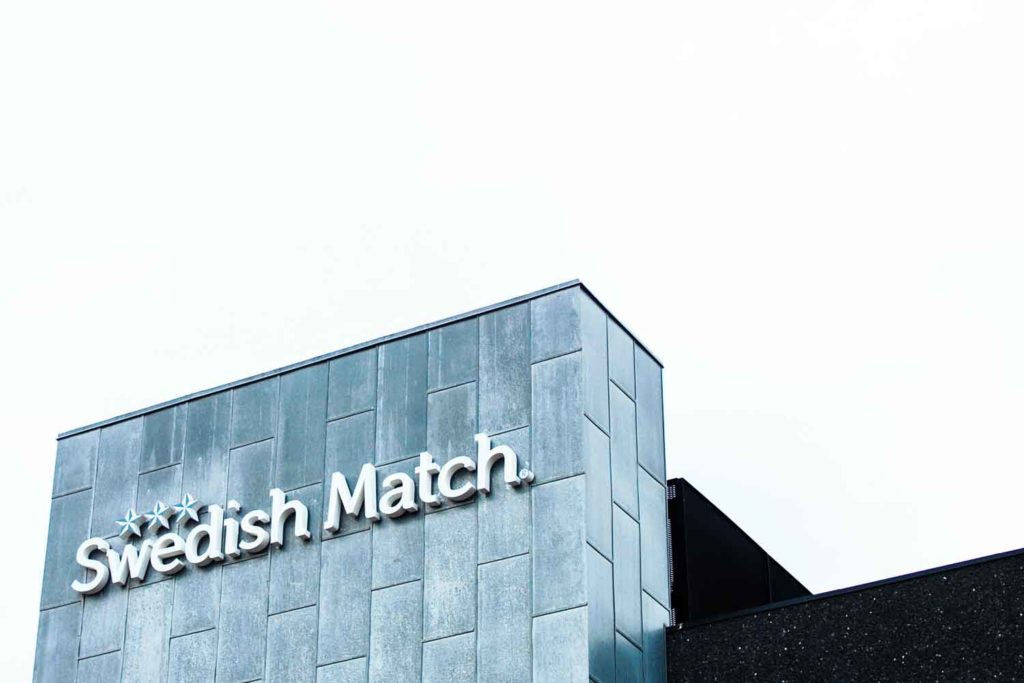




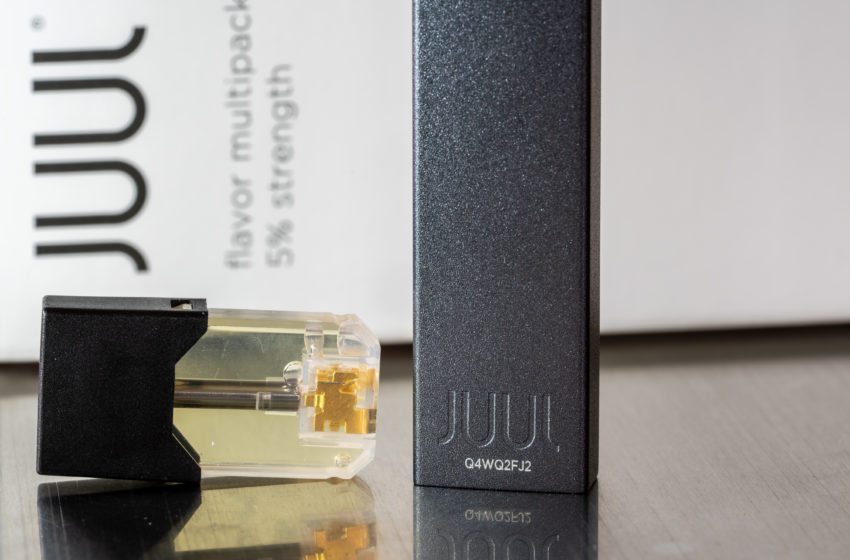





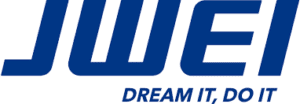 “JWEI has been a leader in this industry from the start and this milestone again reiterates our commitment to the industry and public health: ensuring our adult customers continued access to less harmful alternatives to traditional tobacco products, while setting a new standard preventing underage youth access.” said VP of JWEI Group Jason Yao.
“JWEI has been a leader in this industry from the start and this milestone again reiterates our commitment to the industry and public health: ensuring our adult customers continued access to less harmful alternatives to traditional tobacco products, while setting a new standard preventing underage youth access.” said VP of JWEI Group Jason Yao.
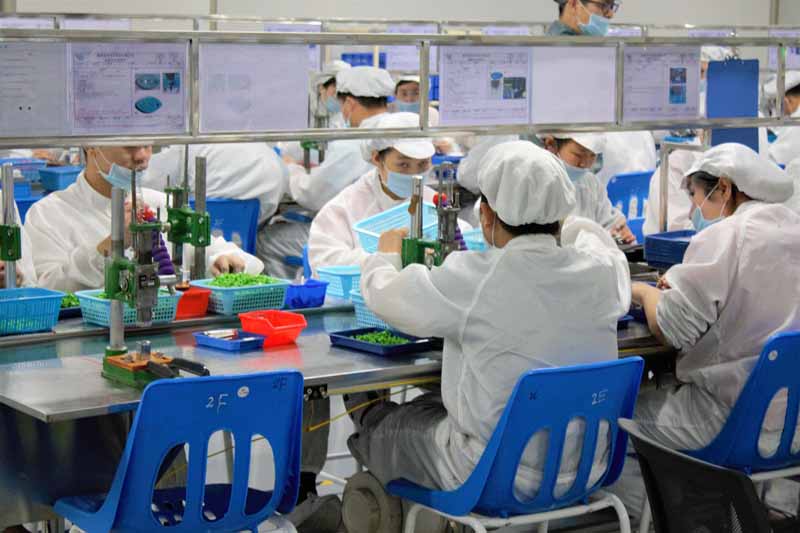
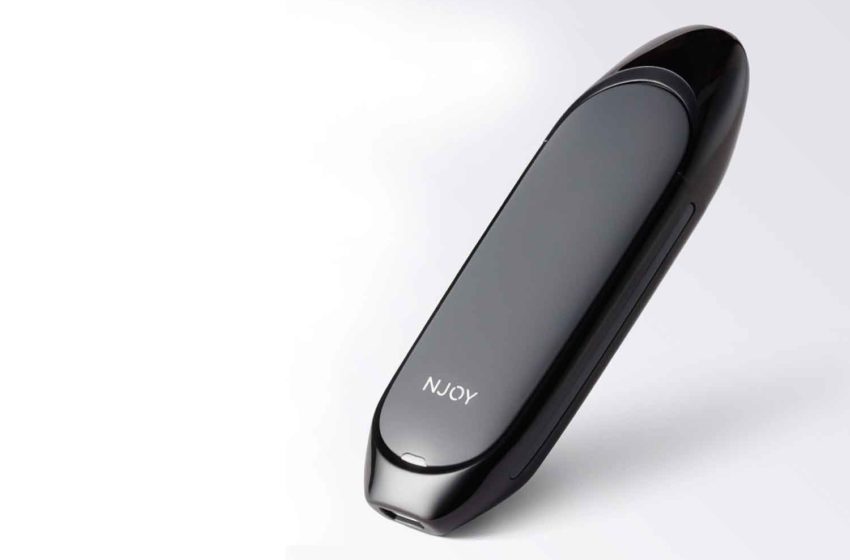
 If NJOY does not receive a high enough valuation, the company could raise money and stay private, potentially paving the way for a future initial public offering, the Wall Street Journal said.
If NJOY does not receive a high enough valuation, the company could raise money and stay private, potentially paving the way for a future initial public offering, the Wall Street Journal said.